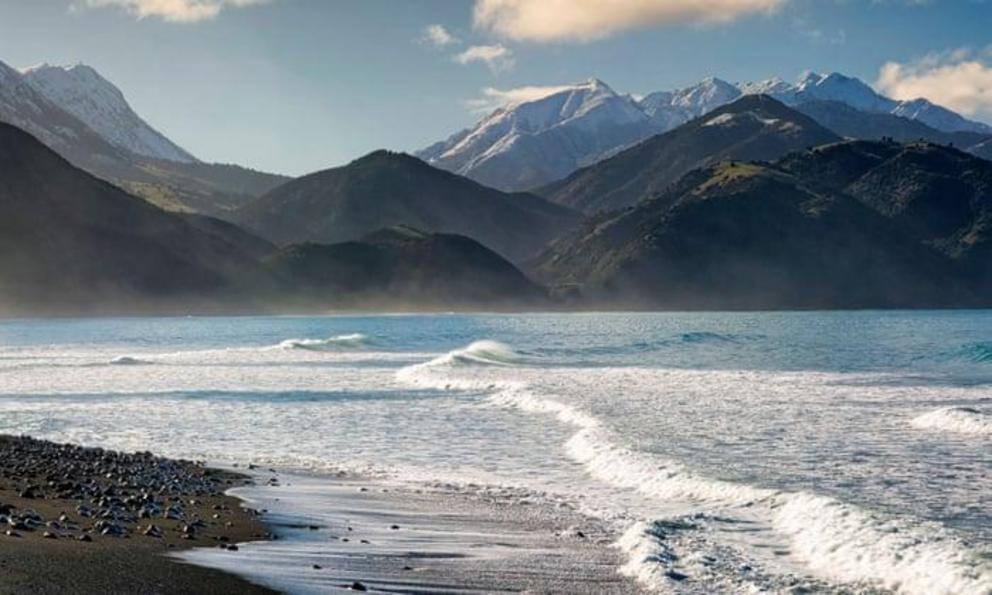New Zealand's North and South islands 'creeping' even closer together after quake
Fault lines are still settling two years after the Kaikoura earthquake opened up a record 25 faults.
New Zealand’s North and South islands are moving closer together, and will do for years to come, say scientists.
New Zealand’s North and South islands are “creeping” closer together in the wake of the devastating Kaikoura earthquake two years ago, the national science body has revealed.
The magnitude 7.8 quake struck the upper South Island in 2016, and initially brought the two landmasses five metres closer together but GNS Science has now found that unsettled fault lines continue to draw them ever nearer.
GNS Science geodetic scientist Dr Sigrún Hreinsdóttir told Stuff that Cape Campbell at the top of the South Island was now about 35cm closer to Wellington since the quake.
Hreinsdóttir said it was difficult to identify which fault was responsible for the post-quake creep. “In reality we are having all this creeping going on and the question is, which [fault] is the dominant factor?”
Hreinsdóttir’s team said the South Island’s creep towards the North would continue for years yet, but that the rate of movement will slow.
After the quake, researchers identified that the quake had also raised some areas of land by eight metres. They described the quake as “complicated” and said it drove a thorough rethink on earthquake science after a world-record 25 faults opened up.
Numerous studies by local and international scientists of the Kaikoura quake are being carried out, as the data collected at the time is some of the best in the world, utilising satellite images, field observations, GPS and coastal uplift data.
GNS’s principal scientist, Dr Kevin Berryman, said: “It was certainly unusual that 25 faults ruptured simultaneously in the Kaikōura earthquake.
“It’s fair to say that all earthquakes of magnitude 7.5 and above are invariably very complex … We have to be prepared to live with a level of risk, but we should be asking how much risk is acceptable?”
“It’s a challenge for us [New Zealand] to provide expected levels of services when confronted by such high levels of geological hazard.”

